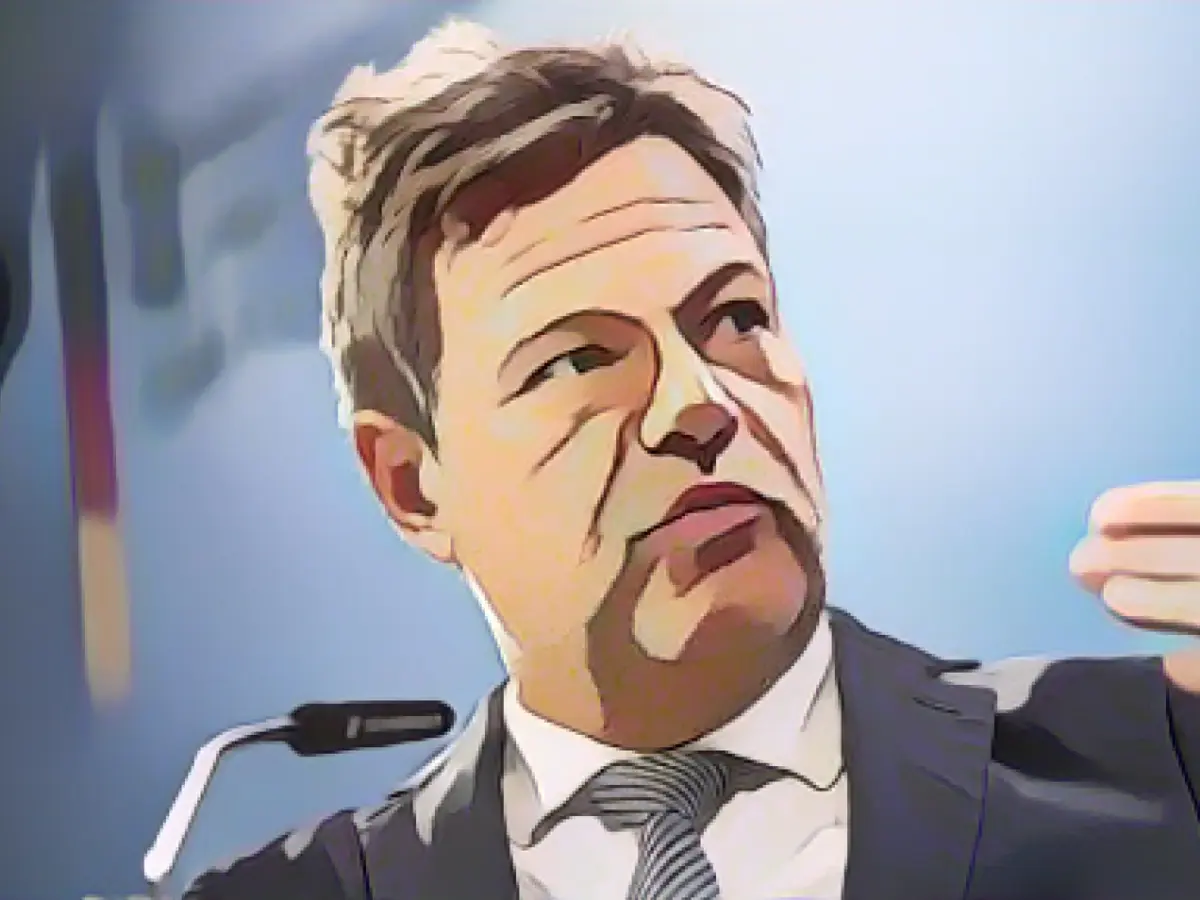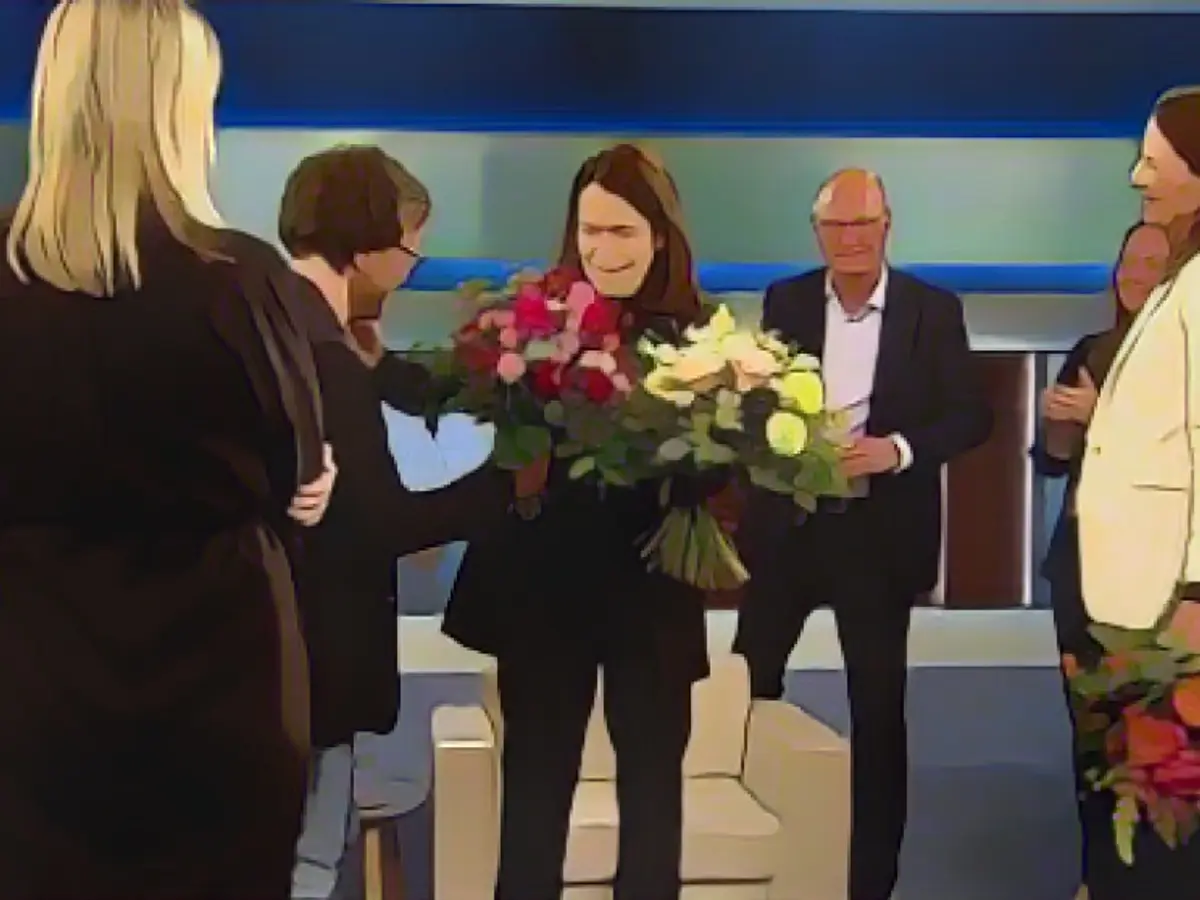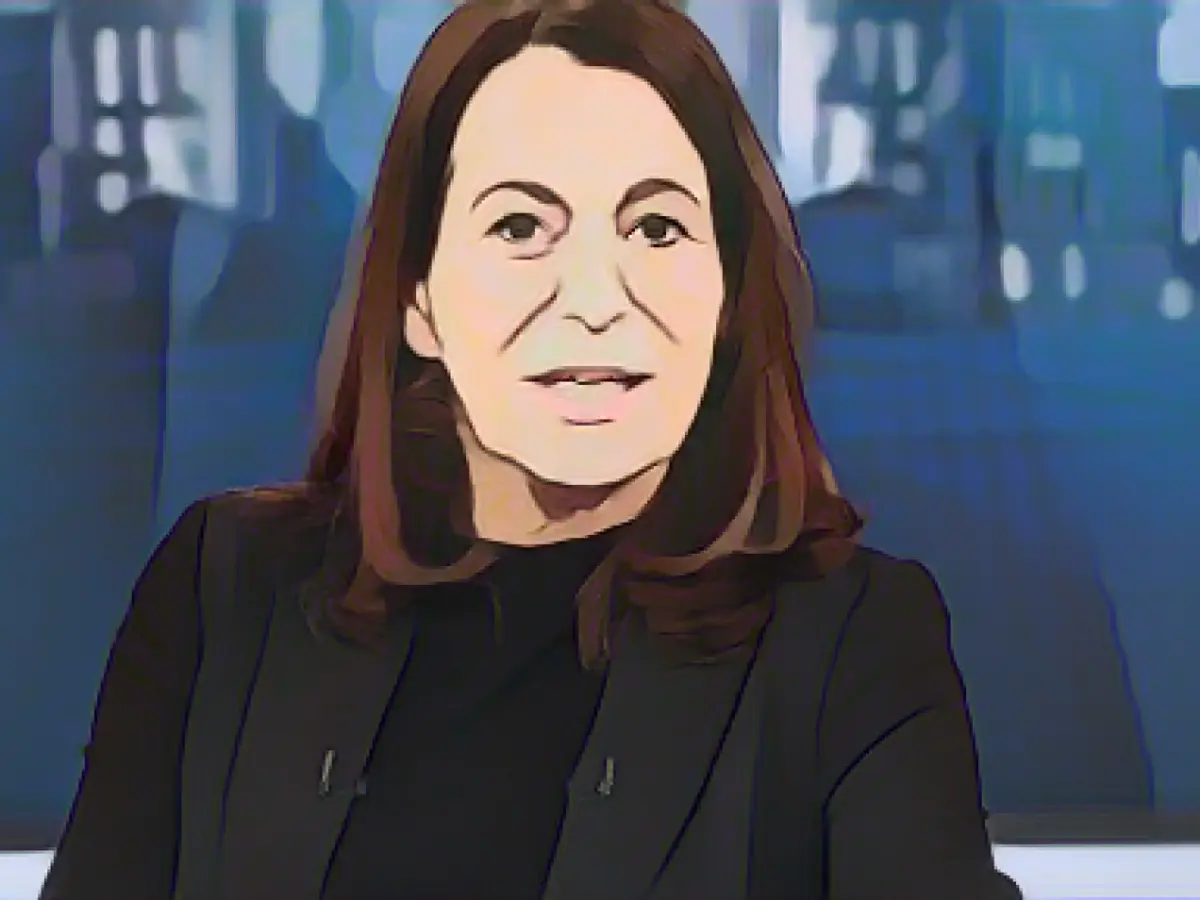Traffic Light Coalition Faces Budget Woes, Habeck Cancels Trip
The ordinarährige Germans are eagerly awaiting the release of the 2024 federal budget, but the traffic light coalition (SPD, Greens, FDP) is currently grappling with creating a workable budget due to the constitutional court ruling from Karlsruhe. This challenge has resulted in Vice Chancellor Robert Habeck (Greens) scuttling his trip to the World Climate Conference in Dubai and the neighboring region.
The intense discussions amongst the coalition partners to craft a budget that adheres to the court ruling demands every available minute, as explained by the SPD General Secretary, Kevin Kühnert, on the ZDF program, "Berlin direkt". Habeck expressed optimism about progress being made in the difficult negotiations, but admits there is still a ways to go, as noted on the ARD program, "Anne Will."
If the 2024 budget is to be passed this year, the SPD, FDP, and Greens will need to collaborate and decide on a future fiscal course. The main discussions are taking place between Chancellor Olaf Scholz (SPD), Vice Chancellor Habeck, and Finance Minister Christian Lindner (FDP). The court ruling in Karlsruhe has exposed budget gaps of billions for the 2024 budget as well as a fund for modernizing economy and climate protection. The controversial proposal to cut social spending, particularly by the FDP, will need to be addressed.
Key Issues
- Debt Brake and Fiscal Policy: The fossil cartel, the CDU/CSU, and the FDP advocate for compliance with the "debt brake" rule (limiting the annual public deficit to 0.35% of GDP), while the SPD and the Greens support relaxation to increase funds for defense, infrastructure, education, and environmental protection.
- Energy Costs and Transition: Reducing energy costs and making Germany climate-neutral by 2045/2050 is a priority for all, with plans to invest in clean energy and reduce greenhouse gas emissions.
- Tax Cuts and Investment Incentives: The CDU and FDP want to decrease corporate tax rates, while the SPD and Greens favor direct investment incentives and employee tax relief.
- Immigration and Labor Shortages: The coalition partners differ on immigration policy, with the CDU/CSU, FDP, AfD, and BSW advocating for a tighter line on immigration, while the SPD, Greens, and Die Linke support a more lenient approach.
- Social Spending and Welfare State: The SPD emphasizes social spending, the Greens focus on environmental issues, and the FDP prioritizes savings and tax cuts. The CDU/CSU intend to streamline security income (Bürgergeld) and provide stronger incentives to work, potentially leading to cuts in social benefits and subsidies.
Social Associations Speak Out
The German Caritas Association president, Maria Welskop-Deffaa, has criticized demands to cut the social sector as "fatal" following the Karlsruhe ruling. She emphasized that in this challenging economic climate, reducing social benefits would only exacerbate the hardships faced by many citizens.
The VdK social association president, Verena Bentele, also expressed concerns about reversing the planned increase in the Citizen's Income. "Anyone who thinks that citizens are happy to receive social benefits is watching the wrong movie," said Bentele, pointing out that many people still struggle to cover their expenses and meet their basic needs.
The 2024 federal budget negotiations reveal wide differences among the coalition partners, leading to intense discussions and negotiations. The final budget agreement will impact social programs, energy policy, fiscal policy, and material prosperity for the German population, which makes it a crucial matter to monitor closely.







